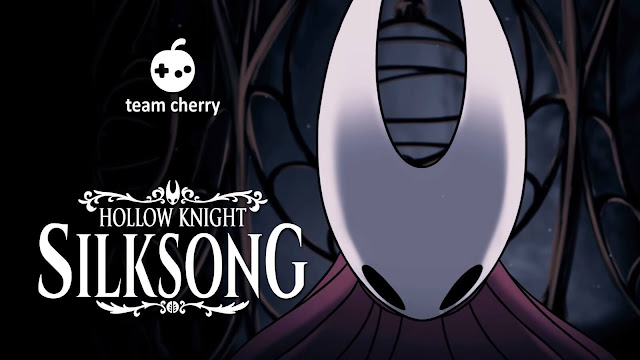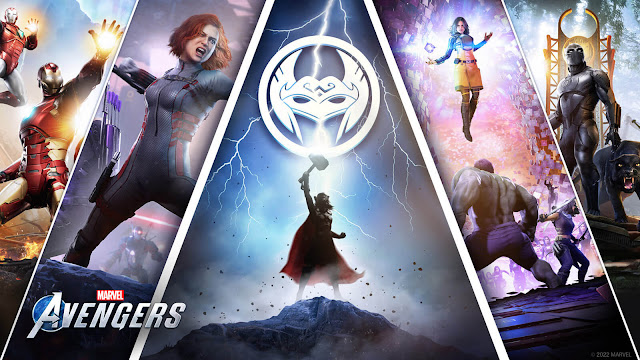Naughty Dog Needs to Work on Its Crunch Culture
Employees working at Naughty Dog are reaching limits of their "crunch culture" to release The Last of Us Part II.
In video game industry, "crunch" or working extra hours out of your regular schedule to meet deadline is an unavoidable term for most companies even though they are extremely frowned upon by loyal fans and game journalists.
According to new reports from Jason Schreier of Kotaku, developer studio Naughty Dog tends to encourage workplace crunch culture to its team just to get their game complete in time, including upcoming The Last of Us Part II.
RELATED: The Last of Us TV Series Comes to HBO
Schreier talked to a bunch of past and present employees of the studio under anonymity to learn that Naughty Dog used crunch culture in many of their past game development cycle and it started to get messy with TLoU Part 2.
People who work there are content under current management team and although they don't outright tell anyone to work overtime, there is a sub-textual implication of getting the job done at all costs, says a former developer.
RELATED: The Last of Us Part 2 to Feature Nudity & Sexual Content
When they had to delay The Last of Us Part II to May 2020, it was simply because game director Neil Druckmann thought the game was not up to Naughty Dog quality yet and needs more polish to avoid narrowing original vision.
Therefore, this delay announcement did not put developers at ease and they had to go double as hard. This timely postponement has only helped narrowly avoid a messy situation among studio employees that was almost inevitable.
RELATED: The Last of Us Part 2 Gameplay Details
In some cases, Naughty Dog doesn't even try to hide their workload and looks for individuals that are willing to work extra hours. New staffs are encouraged to work longer periods just to try and make things close to perfect.
Some developers are hoping for The Last of Us 2 to fail just so it could prove that poor working conditions don't work, which seems unlikely for a game that is praised in all preview events and a studio known for their approach to perfection.
RELATED: The Last of Us Part 2 Wraps Shooting
This cycle of extensive pressure force employees to crunch hard until Naughty Dog ships a game that scores great. Once it starts generating bonuses, senior employees leave studio and thus, creating a cycle of recruiting and departures.
Last year, there were reports of Rockstar Games pushing developers for 100 hours of work weeks during development of Red Dead Redemption 2 just to launch it in time, which got rave reviews and sold pretty well on all platforms.
RELATED: Neil Druckmann Talks The Last of Us Inspiration
Crunch culture has always existed in game industry but only came under fire when reports started exposing its brutal practices recently. Earlier this year, CD Projekt Red admitted that they have to crunch to get Cyberpunk 2077 out in time.
Video game industry is not doing away with its terrible crunch culture anytime soon unless of course customers start questioning on what does it cost to make their favorite entertainment products, so a serious change comes from within.
In video game industry, "crunch" or working extra hours out of your regular schedule to meet deadline is an unavoidable term for most companies even though they are extremely frowned upon by loyal fans and game journalists.
According to new reports from Jason Schreier of Kotaku, developer studio Naughty Dog tends to encourage workplace crunch culture to its team just to get their game complete in time, including upcoming The Last of Us Part II.
 |
| Naughty Dog Needs to Work on Its Crunch Culture |
RELATED: The Last of Us TV Series Comes to HBO
Schreier talked to a bunch of past and present employees of the studio under anonymity to learn that Naughty Dog used crunch culture in many of their past game development cycle and it started to get messy with TLoU Part 2.
People who work there are content under current management team and although they don't outright tell anyone to work overtime, there is a sub-textual implication of getting the job done at all costs, says a former developer.
RELATED: The Last of Us Part 2 to Feature Nudity & Sexual Content
When they had to delay The Last of Us Part II to May 2020, it was simply because game director Neil Druckmann thought the game was not up to Naughty Dog quality yet and needs more polish to avoid narrowing original vision.
Therefore, this delay announcement did not put developers at ease and they had to go double as hard. This timely postponement has only helped narrowly avoid a messy situation among studio employees that was almost inevitable.
RELATED: The Last of Us Part 2 Gameplay Details
In some cases, Naughty Dog doesn't even try to hide their workload and looks for individuals that are willing to work extra hours. New staffs are encouraged to work longer periods just to try and make things close to perfect.
Some developers are hoping for The Last of Us 2 to fail just so it could prove that poor working conditions don't work, which seems unlikely for a game that is praised in all preview events and a studio known for their approach to perfection.
RELATED: The Last of Us Part 2 Wraps Shooting
This cycle of extensive pressure force employees to crunch hard until Naughty Dog ships a game that scores great. Once it starts generating bonuses, senior employees leave studio and thus, creating a cycle of recruiting and departures.
Last year, there were reports of Rockstar Games pushing developers for 100 hours of work weeks during development of Red Dead Redemption 2 just to launch it in time, which got rave reviews and sold pretty well on all platforms.
RELATED: Neil Druckmann Talks The Last of Us Inspiration
Crunch culture has always existed in game industry but only came under fire when reports started exposing its brutal practices recently. Earlier this year, CD Projekt Red admitted that they have to crunch to get Cyberpunk 2077 out in time.
Video game industry is not doing away with its terrible crunch culture anytime soon unless of course customers start questioning on what does it cost to make their favorite entertainment products, so a serious change comes from within.
















